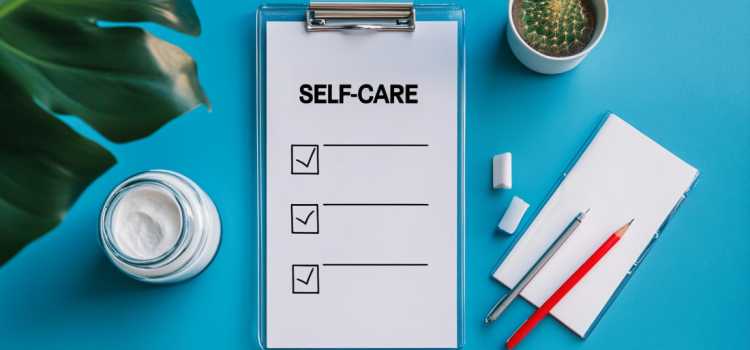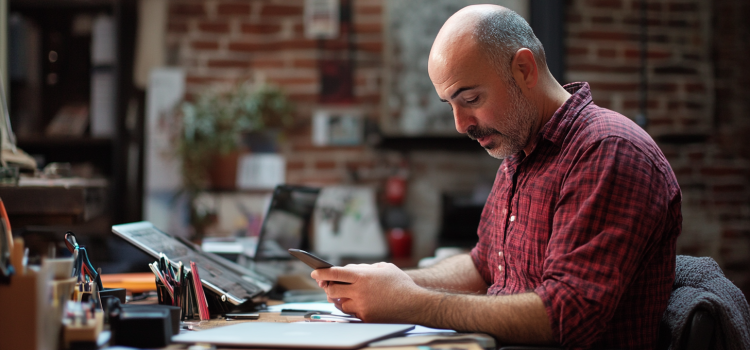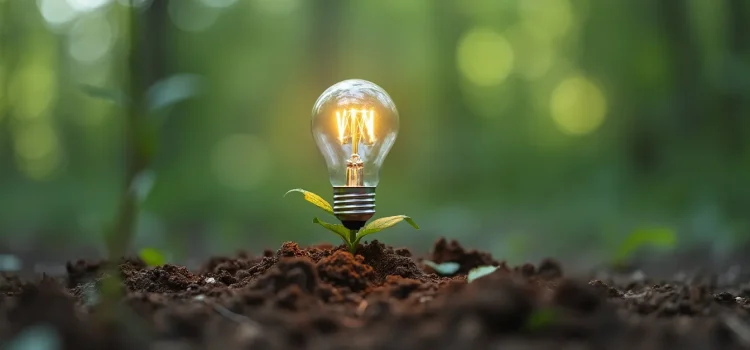Do you know how to properly wrap up your projects and prepare for future endeavors? What steps should you take after completing a significant project to ensure continued success? In his book Start Finishing, Charlie Gilkey outlines three vital post-project activities: tidying your workspaces, reviewing your performance, and taking time to celebrate and rest. These actions help transform completed projects into stepping stones for personal and professional growth. Read on to discover how implementing these post-project practices can help you maintain peak performance and set yourself up for even greater success in your next endeavor.
3 Post-Project Steps: Tidy Up, Review, & Celebrate (Charlie Gilkey)










